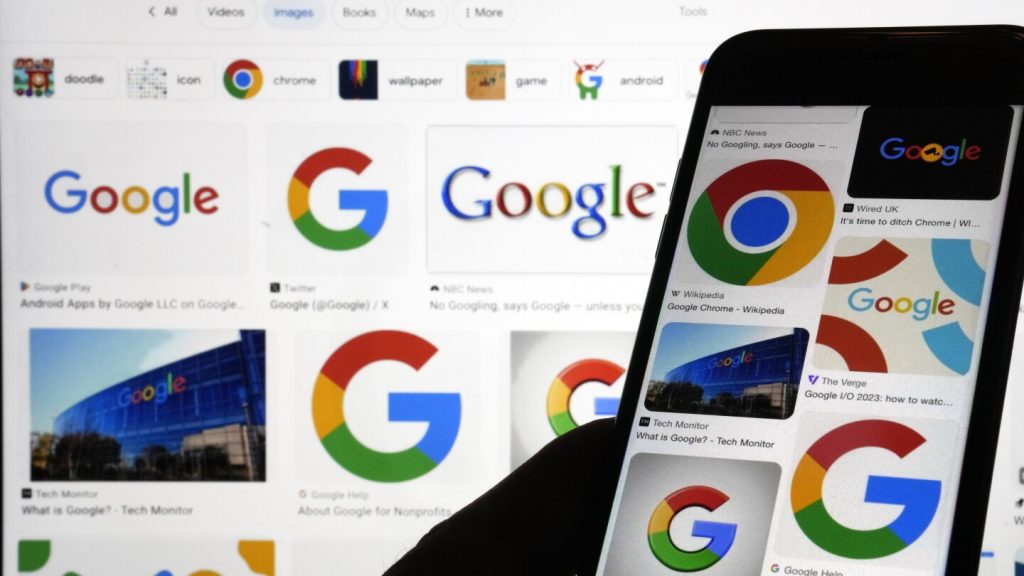Google recently announced its plans to combine its software division responsible for Android mobile software and the Chrome browser with its hardware division, known for Pixel smartphones and Fitbit wearables. This move is part of a larger strategy to integrate artificial intelligence more widely throughout the company. Google CEO Sundar Pichai believes that this integration will “turbocharge the Android and Chrome ecosystems” and drive innovation. The decision places both operations under the oversight of Rick Osterloh, who previously oversaw Google’s hardware group and is now tasked with infusing AI into the company’s features.
In recent years, Google has positioned the Pixel as a flagship device to showcase the potential of AI, leading to more integration of AI hardware and software. Osterloh emphasized the importance of AI in bringing together Google’s consumer hardware and software engineers. He highlighted the role of AI in the development of the Pixel camera, which uses the technology for features such as enhancing nighttime photos and selecting the best shots. By combining the teams responsible for hardware, software, and AI, Google aims to accelerate the integration of AI into its products and provide a seamless user experience.
Analyst Chirag Dekate from Gartner sees Google’s move as part of a broader strategy to dominate the emerging AI economy by infusing AI everywhere and connecting it. Google is leveraging its core AI innovation engines to transform user experiences and stay ahead in the AI space. While the chief of Google’s software division, Hiroshi Lockheimer, is transitioning to other projects, Osterloh and Lockheimer emphasize that the changes are not the result of a power struggle within the company. With the reorganization of its AI research and responsibility groups, Google is positioning itself to lead in both the consumer and enterprise AI markets.
Overall, Google’s decision to merge its hardware and software divisions with a focus on AI integration reflects the increasing importance of artificial intelligence in the tech industry. By combining expertise in hardware, software, and AI, Google hopes to drive innovation and enhance user experiences across its products. This shift underscores the company’s commitment to remaining at the forefront of AI technology and leveraging it to create advanced features and functionalities. With AI becoming a key driver of technological advancements, Google is positioning itself to capitalize on the growing AI economy and establish its dominance in the field.
The integration of Google’s consumer hardware and software teams under Osterloh’s leadership signals a strategic shift towards a more cohesive approach to product development. By working closely together, these teams can leverage their collective expertise to create seamless and innovative products that prioritize user experience. With AI playing a crucial role in the development of features such as the Pixel camera, this integration will enable Google to accelerate the implementation of AI technologies across its entire product ecosystem. As AI continues to reshape the tech industry, Google’s focus on AI integration underscores its commitment to driving innovation and delivering cutting-edge solutions to users worldwide.
Moving forward, Google’s reorganization efforts also extend to its AI research and responsibility groups, signaling a broader commitment to advancing AI technologies across the company. While these changes may not directly impact consumer products in the short term, they lay the groundwork for future advancements in AI integration. By consolidating its AI capabilities and expertise, Google is laying the foundation for future AI-driven innovations that will shape the future of technology. With the company’s sights set on dominating the AI economy and connecting AI innovations across its products, Google is poised to lead the way in the rapidly evolving tech landscape.


